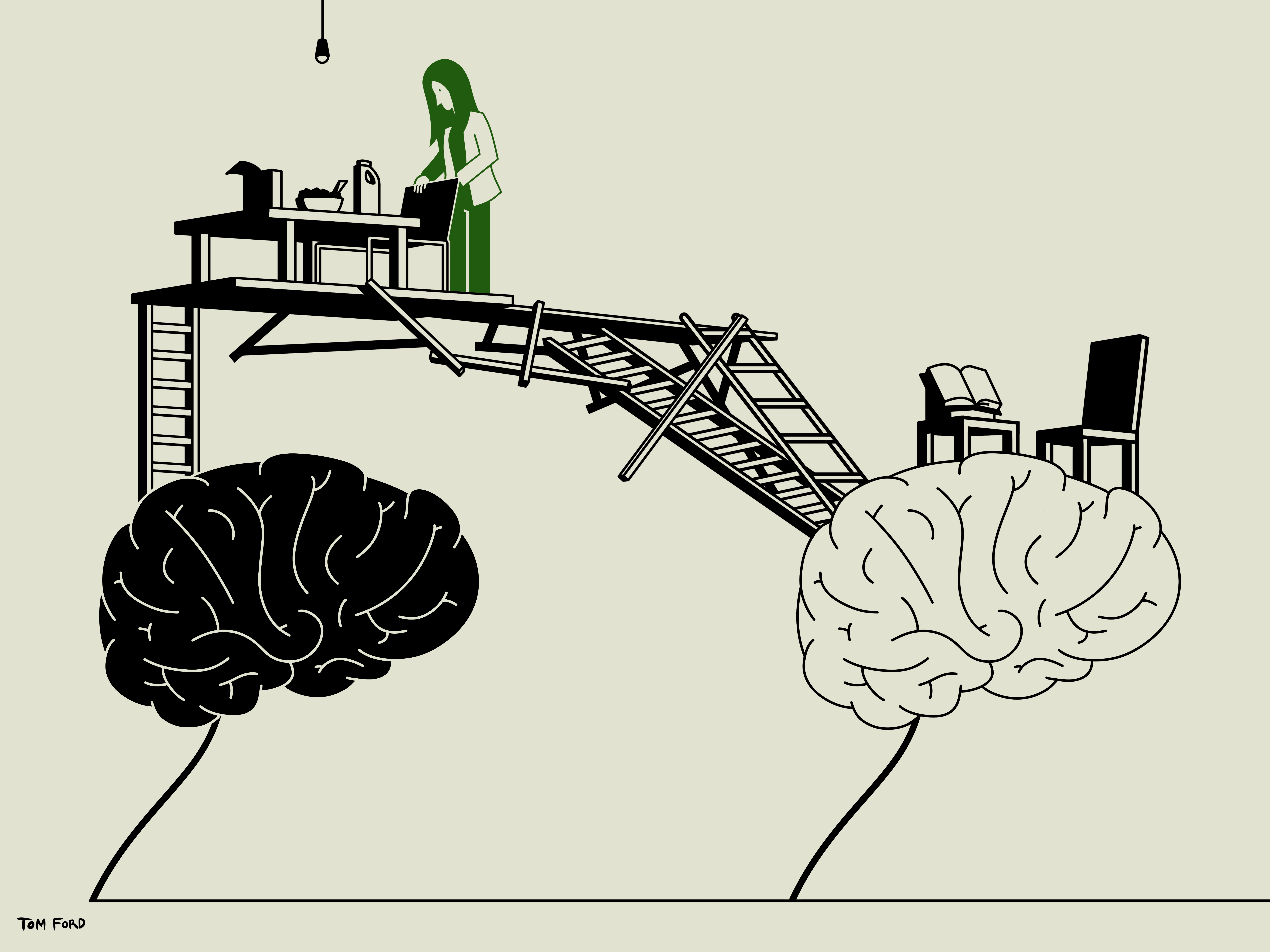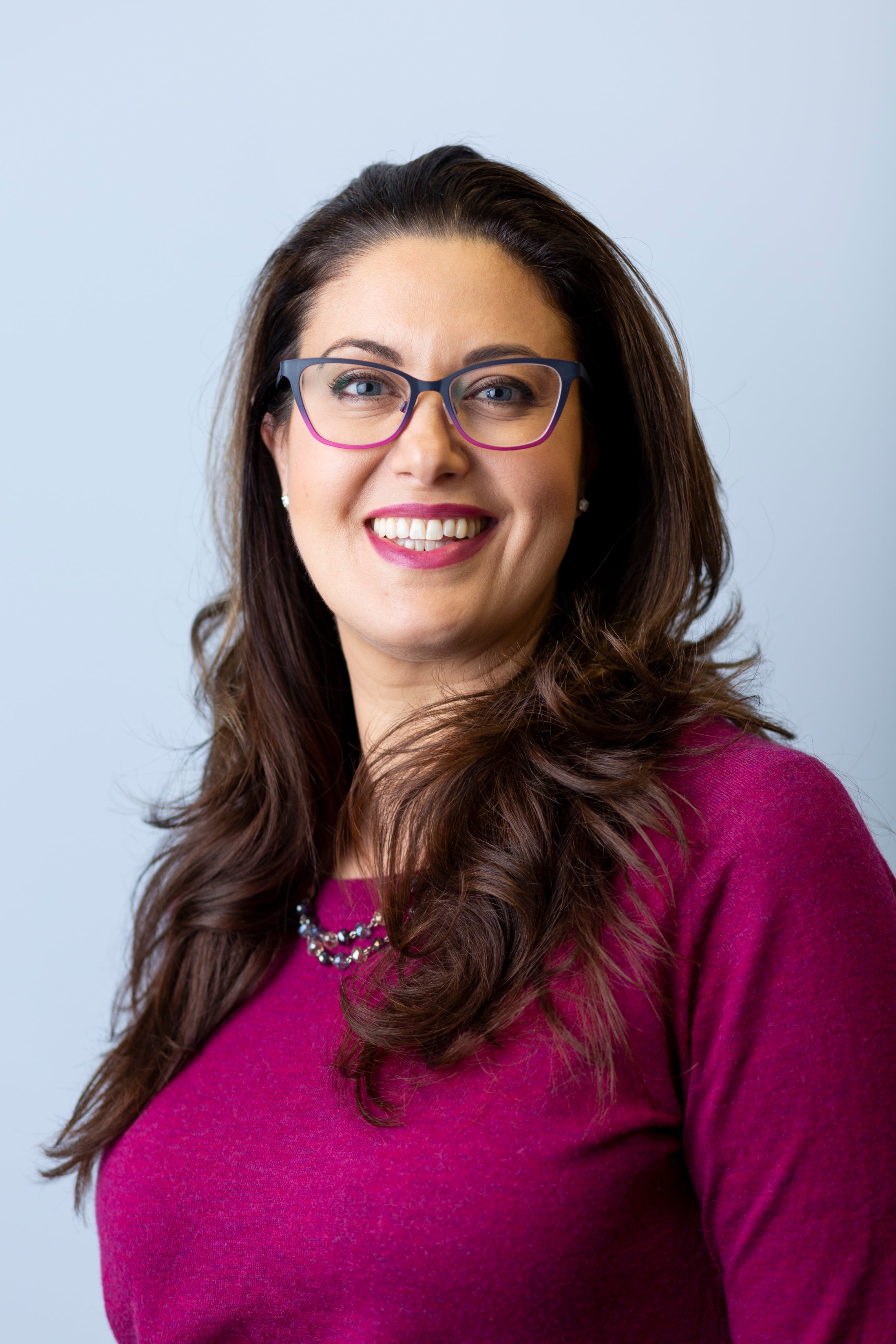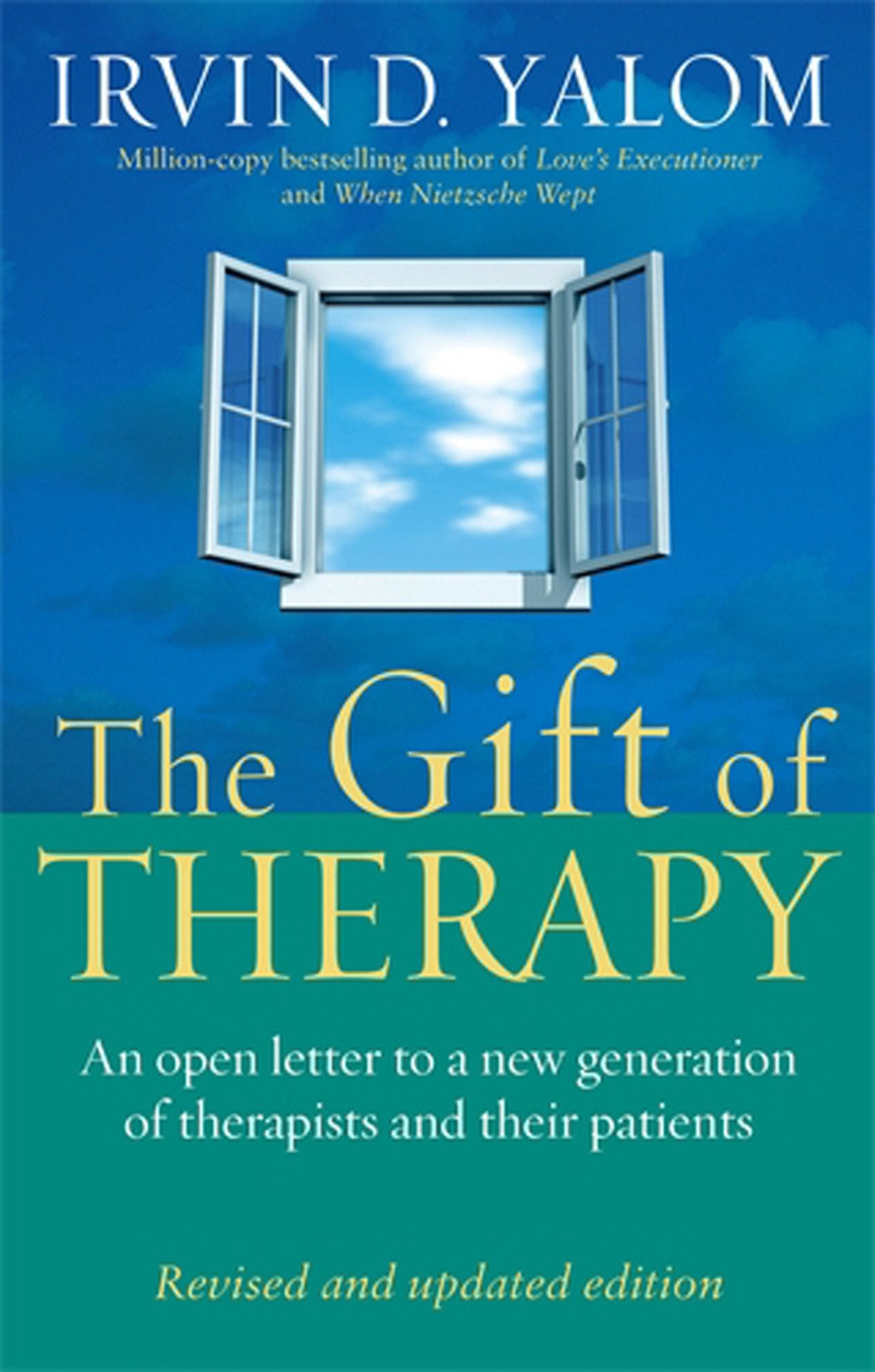Why ‘The Gift of Therapy’ is a great read for all
Dr Courtney Raspin shares with Christine Manby a book that never fails to provide new insights


In some ways, it was inevitable that psychologist Dr Courtney Raspin would decide to devote her career to mental health. Her mother, Dr Toni Grant, is said to have been the inspiration for the sitcom Frasier. Her sister is a psychiatrist. Dr Raspin, in turn, is the founder of Altum Health, a practice specialising in the treatment of eating disorders and body image difficulties. But, while she has plenty of family support for her endeavours, the book to which Dr Raspin turns again and again is The Gift of Therapy: An Open Letter to a New Generation of Therapists and Their Patients by Dr Irvin D Yalom.
First published in 2001, The Gift of Therapy takes inspiration from Dr Yalom’s four-decade long career as a therapist, using real life case studies to show how to get the most out of therapy. The book is aimed not only at professional therapists but at their clients. The material is presented in chapters devised as short lessons for a therapist just starting out. It’s a format that Dr Raspin says makes it “great toilet reading”.
“I read Yalom’s book when I was training,” she says, “and thought to myself, ‘this is the kind of therapist I want to be’. I advise the student therapists I supervise to read it and I reread it all the time. There’s always something new. I’m on a professional journey to continue becoming that therapist. I am where I need to be but there’s always somewhere to go.”
Yalom’s tips often stray from how we imagine (or at least how this Nineties’ psychology student imagined) therapy works. “Yalom hated fundamentalism,” Dr Raspin points out. “He was keen to avoid diagnosis. A diagnosis can be important to enable access to a specific service, but all behaviours occur on a continuum. Rather than focus on a diagnosis, you have tailor your treatment plan to fit the actual person in front of you.” And first and foremost, Yalom advocates the importance of a meaningful human connection between therapist and client, writing, “Question: What is the therapist’s most valuable instrument? Answer (and no one misses this one): the therapist’s own self.”

Dr Raspin agrees, “as a therapist, the most important tool in your box must be your relationship. Engagement is the most important thing. While techniques are great, the most effective predictive factor of change is the therapeutic relationship itself. As a therapist, you always use your own feelings. They are your best source of information as to what’s happening with you and the client in the room.”
She gives an example, “If a client is speaking critically about a third party – someone not in the room – I ask myself how does the client make me feel and why that is. If I was triggered by this person, why? Do I ever feel criticised by them? Why do I feel bored when they talk about his? Perhaps ‘They do this thing with everybody and that’s why they are struggling in their relationships’… Your job as a therapist is to identify those things in the room. If you feel triggered, you press pause and ask why you responded that way? Of course, as a therapist you need to ‘know your own shit’ first. If you make a mistake you have to own it.”
Dr Raspin strongly believes that Dr Yalom’s book is perfect reading for the lay person as well as the professional. “We all are interested in therapy. Yalom does a wonderful job telling you what to look for in a good therapist. He’s a great writer. He has also written a lot of fiction. In all of his work, he makes therapy appealing and demystifies it. His work can help you to know if you have the right therapist for you.”
Investigating Yalom for myself, I find this anecdote. He describes a client who talks about a road trip she took with her father, hoping it would offer a chance to heal a rocky relationship. The trip was a disaster, with the client’s father spoiling the atmosphere with a long complaint about a litter-strewn creek on his side of the road. The client saw only beauty from her window. Unable to stop her dad’s complaints, she fell silent and allowed herself to think the worst of her whinging father. But later, she took the same trip alone and saw that the creek on his side of the road was indeed full of rubbish. Alas, by the time the client had “learned to look out her father’s window” and see the world (or at least the creek) as he saw it, the client’s father had already died. The moral is fairly clear, as Yalom says, “It is extraordinarily difficult to know really what the other feels; far too often we project our own feelings onto the other.”
Being spontaneous can actually help rewire your brain, help you develop new creative connections through which your thoughts can travel down
The ability, and the will, to see things as others see them, is especially important in times like these, Dr Raspin believes. She is particularly concerned that the young are being blamed for spreading the virus. “And that’s unfair.” Likewise, she thinks that the difficulties young people are facing due to the pandemic are too easily dismissed by those of us who’ve been around the block a few times. It only takes a brief glance at social media or at the below the line comments on any news site to find someone who came into the world shortly after the end of the Second World War telling today’s youngsters “they don’t know they’re born”. Sure, they’ve all got fancy iPhones (though not the teens and 20-somethings I’ve met) but can you imagine being a university fresher right now, locked down in halls full of people you don’t know? Or how about starting your first job virtually, trying to impress your new colleagues as you work from a single bed in a flat-share?
Dr Raspin suggests that one way older adults can help the young is by looking back to how we ourselves were at 16, 17 or 18 or in our early twenties, navigating our way through first jobs, relationships and further education.

She says in her blog, “What I remember about uni is how much fun I had making new friends; partying, hanging out in other dorms, getting together with people and living a life that was different to my parents’ life. It’s your first opportunity to go out and live your life the way you want to. But going to uni now is so different... All of this uncertainty, all of these enforced limitations have meant that we have seen a huge increase in the number of people calling us for help with depression, anxiety and eating disorders.”
Keen to do her bit to help those young people who aren’t able to access her support directly, Dr Raspin has released a free downloadable “10 Point Positivity Toolkit” containing suggestions and resources to help readers pre-empt symptoms such as seasonal mood changes that could be exacerbated by lockdown. The Toolkit is backed up by regular live chats on Instagram TV.
One of Dr Raspin’s simple but effective suggestions is that we try doing familiar things differently. She asks in her blog, “Why not have breakfast for dinner? Breakfast for dinner is great fun. It just shakes things up a little bit. Try being vegetarian for the day. You have to eat. Why not do it a little bit differently? …Something familiar, just do it differently. Shake things up, move from automatic to manual.
“Being spontaneous can actually help rewire your brain, help you develop new creative connections through which your thoughts can travel down. It’s a process called neuroplasticity... When you do this, it stimulates creativity. It makes you psychologically fitter. It’s a great way to get you out of a slump.”
And reach out to your friends. As Dr Raspin says, “While we are all being careful not to spread the virus, the one thing that we can spread, to help support everyone’s mental health, is positivity.”
Returning to Yalom, I find this quote: “I often urge patients to project themselves into the future and to consider how they can live now so that five years hence they will be able to look back upon life without regret sweeping over them anew.”
This seems like a very useful exercise for right now, when perhaps none of us is really living life as we want to. What can we do today to prepare ourselves for when the pandemic is over? What can we do to lay the groundwork for our dreams? What can we learn? What can we shed? How much happier could we be this time next year?




Join our commenting forum
Join thought-provoking conversations, follow other Independent readers and see their replies
Comments